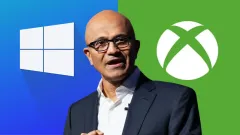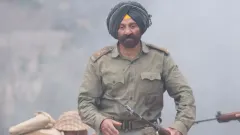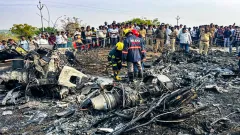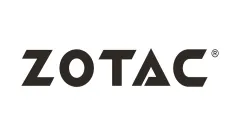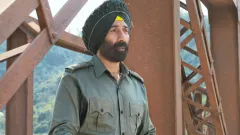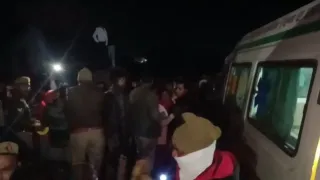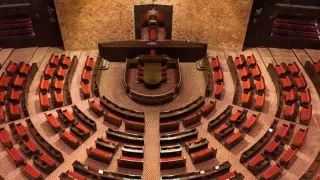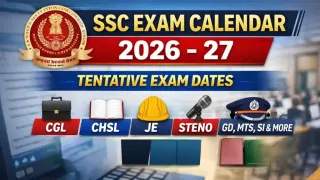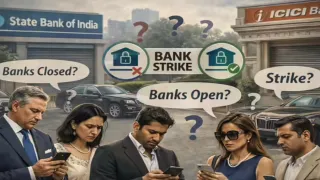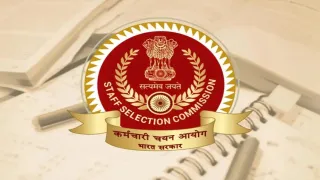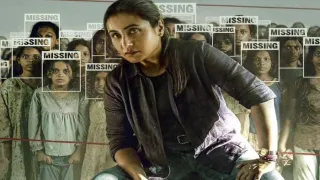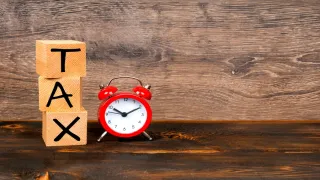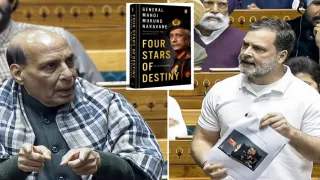India’s southern state of Telangana has come to a near-complete halt today as a statewide bandh called by the BC (Backward Classes) Joint Action Committee and supported by major political parties enters its full swing. The shutdown is a protest against the Telangana High Court’s interim stay on the state government’s order increasing BC reservation in local bodies to 42%.
Normal life is disrupted across the state — buses are off the roads, markets shut early, and many businesses voluntarily closed in solidarity or under pressure. Citizens across Telangana are facing delays in commuting and accessing essential services as public transport and commercial activity remain heavily affected.
The bandh comes amid mounting political and judicial tension, with the High Court giving a two-week deadline to the State Election Commission to report on conducting local body elections under the existing reservation structure. The Supreme Court also refused to interfere, affirming that elections must proceed without the proposed enhanced BC quota.
What’s Triggering the Bandh
The immediate cause of the bandh is the High Court's October 9 order that stayed Government Order No. 9, which sought to raise BC reservation from 25% to 42% in local body elections. The state government argued that BC communities require enhanced representation in governance. The courts countered that total reservations (SC, ST, BC combined) would exceed the 50% constitutional ceiling, and the government had not met the Supreme Court-mandated 'triple test' for OBC reservations.
This legal intervention has fueled protests, with community leaders claiming that the enhanced quota is essential to correct historical under-representation and ensure social justice.
Political Unity Behind the Bandh
The bandh has received backing from major political parties, including the ruling Congress, Bharat Rashtra Samithi (BRS), and Bharatiya Janata Party (BJP). Congress leaders reiterated their commitment to the 42% BC quota, framing the movement as a fight for justice and inclusivity. BJP representatives, including Rajya Sabha MP R. Krishnaiah, stressed the bandh’s role as a platform for the BC community to voice their long-standing demands.
The state government itself has joined the protest in a symbolic gesture to reassure the BC community, while also attempting to deflect any political backlash for the judicial setbacks.
Impact on Public Life
The bandh has severely affected public transport, with state-run buses mostly off the roads and private transport options in limited supply. Commuters are facing long delays, and city streets in Hyderabad and other urban centers appear largely deserted.
Markets, shops, and educational institutions have closed in many districts, while government offices are functioning with minimal staff. Emergency services such as hospitals and police continue to operate, ensuring essential public safety is maintained.
Legal and Political Developments
The Telangana High Court’s stay on Government Order No. 9, combined with the Supreme Court’s refusal to intervene, has prompted the state government to consider further legal action. The government has scheduled a Cabinet meeting on October 23 to decide its next steps regarding the enhanced BC reservation and the pending local body elections.
This includes examining potential appeals to the Supreme Court or other legal strategies while balancing political pressure and community expectations.
Broader Implications
The Telangana bandh reflects the broader tensions between social justice demands and judicial mandates. Its outcome could significantly shape the state’s reservation policies, political alliances, and the electoral landscape for upcoming local body polls.
For the BC population, the protests are not just about numbers of reserved seats but about recognition, inclusion, and political influence. For parties, delivering on promises or failing to do so carries important political ramifications.
District-Wise Responses and Key Highlights
In Hyderabad, streets were largely empty with commercial centers closed, while in Warangal and Karimnagar, public transport remained suspended for most of the day. Local reports indicate that schools and private offices in several districts voluntarily closed to avoid disruption. Essential services including hospitals and police stations continue to function, though with reduced capacity.
Protest marches and rallies were reported in several towns, with BC community leaders emphasizing the urgency of their demands and warning of intensified protests if the government does not pursue the 42% quota vigorously.
Quotes from Party Leaders
Congress leader: “Our commitment to 42% BC reservation remains unwavering. The bandh is a way to bring attention to this crucial issue and ensure justice for the community.”
BJP MP R. Krishnaiah: “This is a collective movement for the BC community. Political differences aside, today all parties are standing united for the rights of backward classes.”
BRS spokesperson: “The bandh reflects public sentiment. The government and judiciary must recognize the aspirations of BC communities while respecting constitutional boundaries.”





